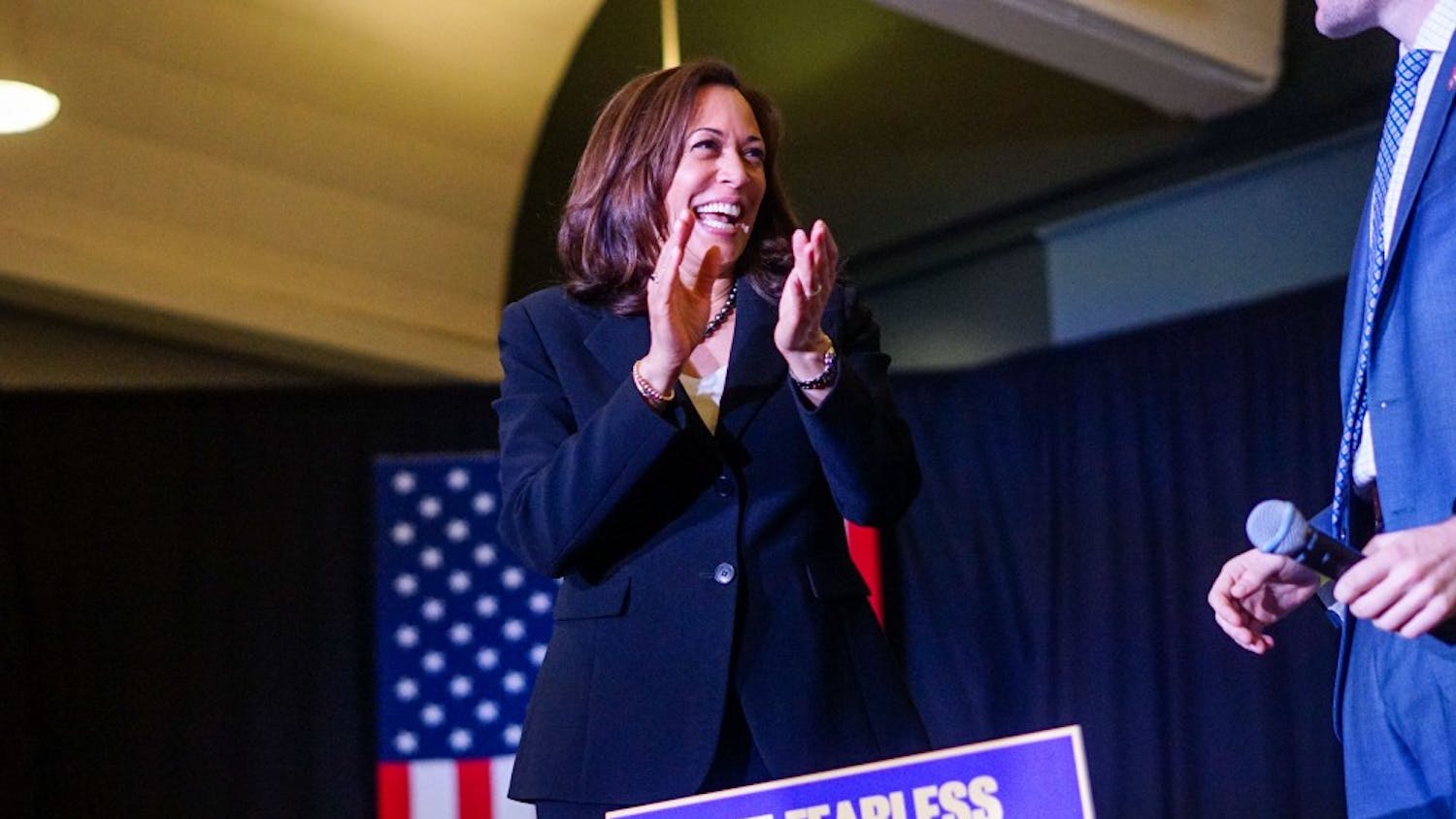In the op-ed pages of our various papers of record and on cable news political talk shows, it’s not uncommon to see policies proposed by public figures like Sen. Bernie Sanders (I-VT) and Sen. Elizabeth Warren (D-MA) referred to as high-minded and aspirational, but ultimately not pragmatic. For political pundits, the concept of “pragmatism” serves as a useful cudgel to wield against those earnest public figures with the aim of effecting meaningful political change. However, it is precisely this bold idealism that is necessary for effecting substantial, impactful change when it comes to tackling the climate crisis.
As is usually the case in the primary election season, the contenders for the Democratic presidential nomination have, one by one and, in varying levels of detail, released the framework of their climate change policy priorities. The vast majority of Democrats believe that human activity is driving rising temperatures, and many Democratic politicians are fond of offering up a snappy — if by now tired — line about how they “believe in science” when asked about the topic. It is a little bit confusing, then, that when CNN hosted a forum about the issue of climate change, an inordinate amount of time was dedicated simply to whether the climate policy proposals outlined by figures like Sanders and Rep. Alexandria Ocasio-Cortez (D-NY) were pragmatic or simply too expensive. To be clear, no one is arguing that the “Green New Deal” is inexpensive; with an estimated cost of $16 trillion over 10 years, it’s one of the most ambitious policy programs in recent American history. An ambitious solution, however, is exactly what is required by a country and a planet facing a threat of unprecedented seriousness.
This is also not to say unequivocally that the policies outlined in plans like Sanders’ proposal or the Green New Deal proposals introduced by Ocasio-Cortez and environmental groups like the Sunrise Movement are necessarily the best way to address the problem. Rather, the problem lies in the framing of the question itself — on the prioritization of the cost and false concerns about deficit spending over solving a crisis that threatens hundreds of millions of lives. It’s the content of the policies that should be debated, on the merits of whether they feasibly and adequately meet the challenge facing the country — informed by input from climate scientists and environmental advocacy groups.
This is, in fact, the “pragmatic” approach to climate policy: not simply getting caught up in a preliminary sense of sticker shock and offering that up as an opportunity for more conservative and centrist politicians to paint policy advocates as unrealistic, wishful thinkers. Because of Dartmouth’s unique position as an Ivy League institution with considerable cultural and intellectual sway in New Hampshire (the state with the first primary in the nation), this college’s community has a responsibility to engage seriously and responsibly with the substance of issues like environmental and energy policy. And as members of a generation that will see drastic effects of global warming in their lifetime, the students whose votes the candidates regularly visit campus to gain bear that responsibility especially heavily.
A sufficient response to the climate crisis will, in all likelihood, require a fundamental restructuring of American life in many respects: the reshaping of transportation, the modernization of electrical grids, the end of factory farming, the development of clean energy infrastructure on a mass scale, the abolition of fossil fuel and, according to the Sanders plan, the municipalization of utilities. Even military policy is dramatically affected by climate change; any political figure serious about the issue will have to address the fact that the U.S. military continues to be one of the biggest polluters and is the biggest institutional consumer of fossil fuels on the planet.
As a result, the progressive half of this country’s political ecosystem finds itself in a very strange position. Its leaders all profess that they take the problem of climate change seriously. The prevailing belief among much of the Democratic Party seems to be an expectation that climate change can be fixed without fundamental changes to the political and economic systems that brought the world to this point in the first place — that there won’t be a significant cost associated with policies of no less importance than snatching the world out from the jaws of impending catastrophe. For a social order to fail in considering its priorities such that scientists have to beg leaders to take action, and then to assume that the needed course correction will be easy and painless, is not a pragmatic idea.
It is, in the end, a question of seriousness; listening to interminable debates about whether “taxes will go up on the middle class” to pay for climate policy while the Amazon rainforest burns feels as absurd as watching someone try to negotiate with a hurricane.



